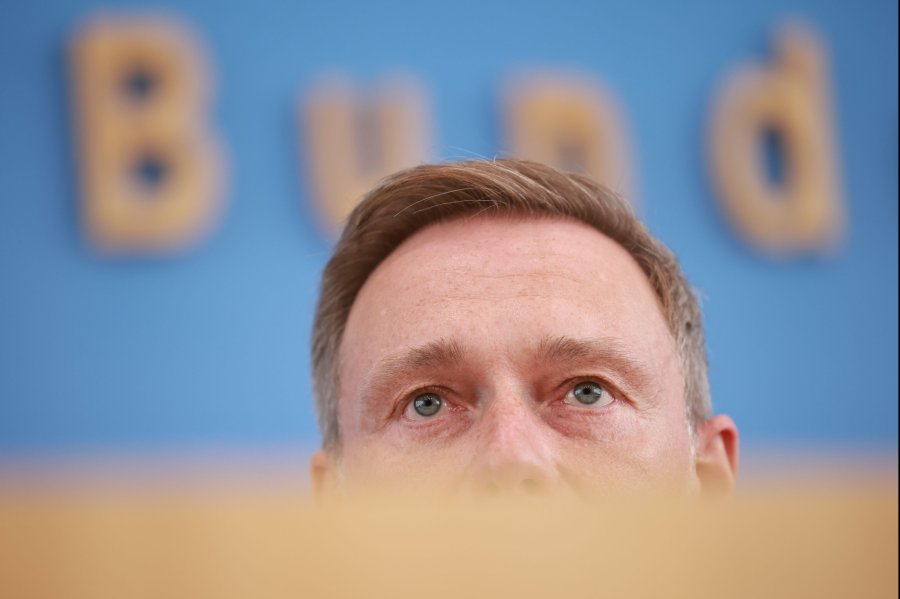July 18 (UPI) — Germany’s cabinet approved plans to slash funds allocated for military assistance for Ukraine in fiscal 2025 by around $4.38 billion, down from $8.75 billion this year.
The drastic cuts by Ukraine’s second largest backer after the United States were part of a draft budget for the financial year commencing Jan. 1, adopted by Chancellor Olaf Scholz’s government on Wednesday after weeks of behind-the-scenes wrangling over how to plug an $18.59 billion deficit.
In comments posted on X, Finance Minister Christian Lindner said Ukraine would have to look more to alternate European funding but insisted military support was “secure for the foreseeable future” thanks to a G7 group of nations-backed loan deal paid for with interest earned on $325 billion of Russian assets frozen in Western banks and financial institutions.
“The aim is to make $50 billion available this year, Ukraine can then decide for itself how to use them,” he added.
The cut from Europe’s largest economy came amid growing trepidation, in Kyiv and European capitals, over the potential impact on U.S. funding for Ukraine’s struggle to repel Russia’s military invasion of a Donald Trump-J.D. Vance administration, come the November elections.
Both men have said Europe needs to up its contribution.
U.S. funding for Ukraine’s military could be reduced, or halted, given previously-expressed skepticism by Trump and Vance over U.S. involvement in the conflict and questioning of whether American taxpayer dollars could be better spent elsewhere.
Pending final approval by the Bundestag, the budget will, however, see a 2.5% rise in German defense spending to $58.22 billion — and although the allocation was far short of the $6.6 billion increase Minister Boris Pistorius had been seeking, it would achieve its commitment to meet the NATO’s 2% of GDP defense-spending mandate.
Speaking on the campaign trail in February in South Carolina, Trump threatened that the United States would not come to the aid of NATO allies who do not meet the spending target if they were attacked by Russia.
